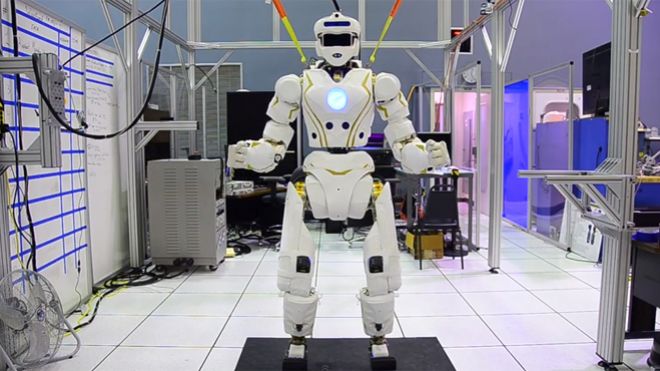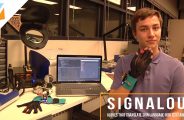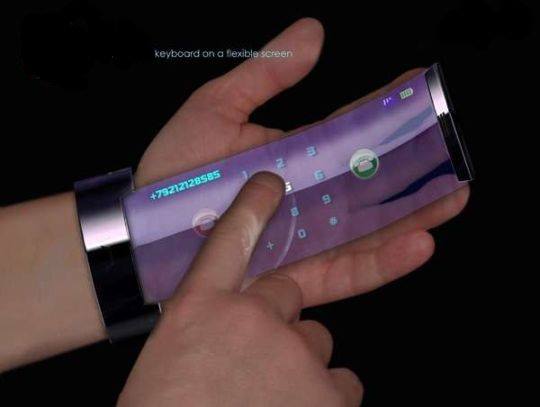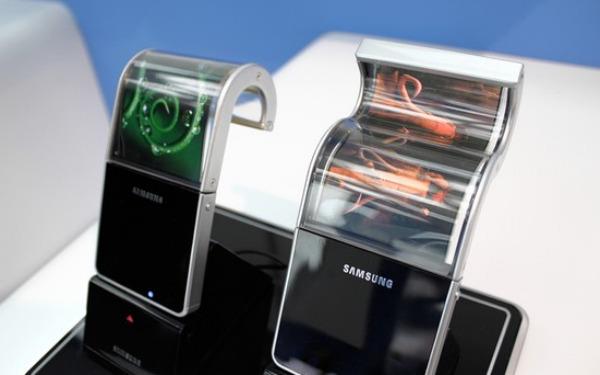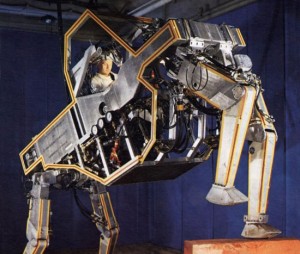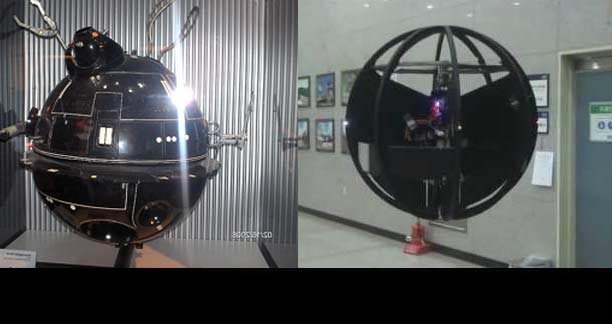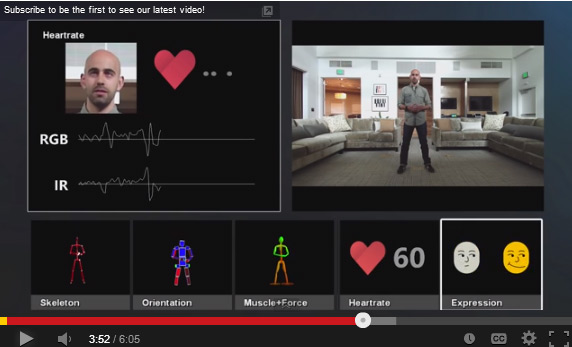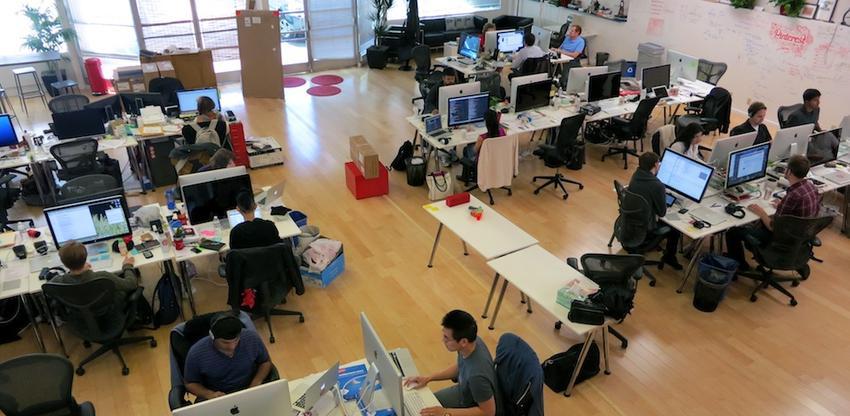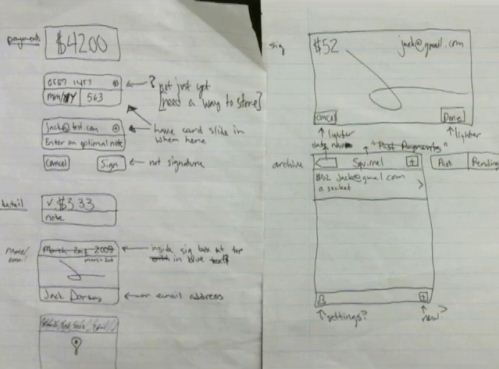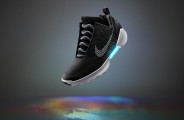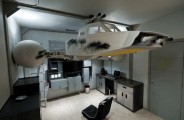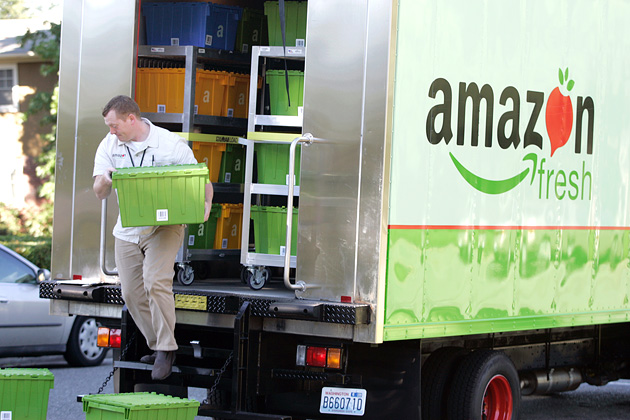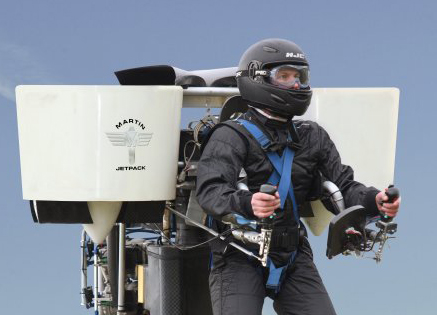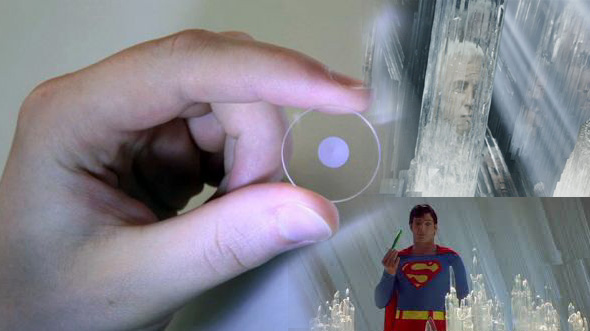Scientists are storing earths data on crystals just like Superman’s Father
At Digilyfe, we always like to display how science fiction is quickly becoming reality. A research group in Britain has recorded data into a crystal of nanostructured glass. This future storage with practically unlimited lifetime and capacity exceeding Blu-Ray’s by 2,800 times might save civilization’s data for aliens if humankind is gone.
A group of scientists from University of Southampton has developed a ‘five-dimensional’ optical memory, having experimentally proven a possibility of recording data into nanostructured glass using a high speed (femtosecond) laser, which creates self-assembled nanostructures in fused quartz.
 The creators of 5D memory have dubbed their invention ‘Superman memory crystal’, following the ‘memory crystals’ used in a number of movies featuring the superhero.
The creators of 5D memory have dubbed their invention ‘Superman memory crystal’, following the ‘memory crystals’ used in a number of movies featuring the superhero.
The method is called 5D because in addition to the three dimensional position of these nanostructures, their refraction and polarization characteristics work as two additional parameters.
The newly-developed storage promises unprecedented data capacity of 360 Terabyte for a DVD-sized disc. The maximum capacity of a latest generation quad-layer Blu-Ray DVD is “only” 128 Gigabytes. The largest heat-assisted magnetic recording hard drive (HAMR), yet to be commercially produced, will have about 20 terabytes per disc.
Glass storage could preserve data for millions of years whereas a DVD guarantees only about seven years of faultless playback.
The nanostructured glass remains stable if exposed to temperatures up to 1,000°C.
“We are developing a very stable and safe form of portable memory using glass, which could be highly useful for organizations with big archives. At the moment companies have to back up their archives every five to ten years because hard-drive memory has a relatively short lifespan,” said the head of the project Jingyu Zhang, pointing out that museums and national archives with their huge numbers of documents are going to be the first to benefit.
Click The Image Below To Watch Videos On This Topic








